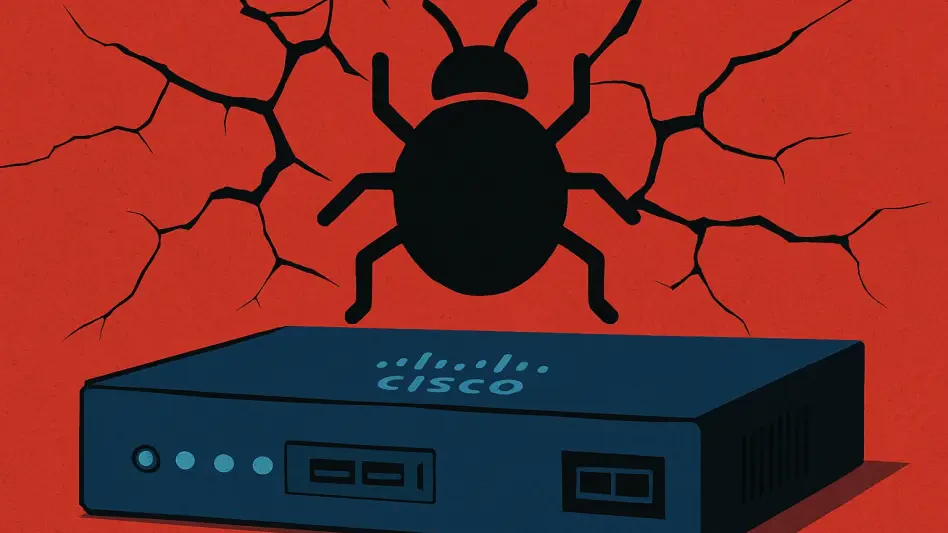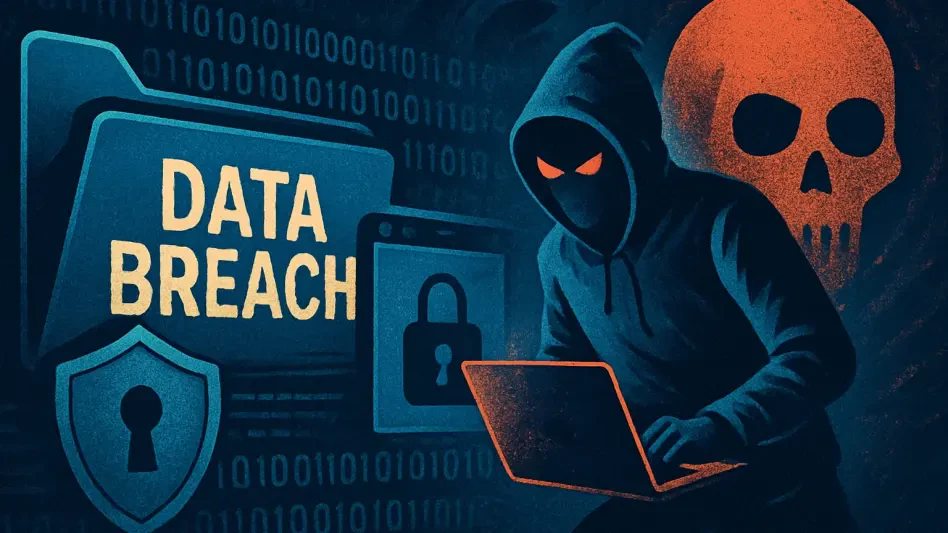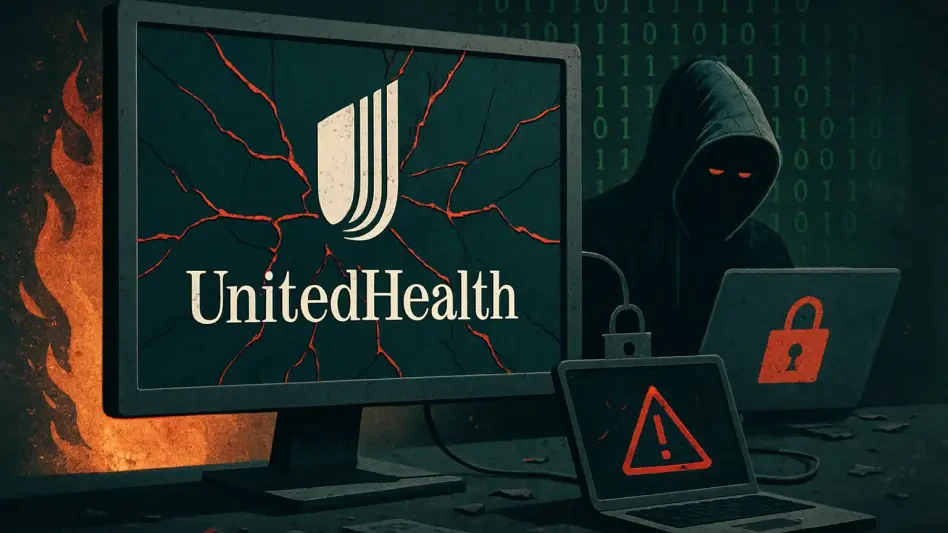The digital battleground has become integral to modern conflicts, with cyber espionage representing one of the most sophisticated threats today. Organizations connected to global geopolitical tensions, particularly the ongoing conflict in Ukraine, are under siege from advanced cyber groups. One such campaign, labeled RoundPress, orchestrated by Russia’s infamous Sednit group, exemplifies this form of modern warfare. Exploiting vulnerabilities in webmail systems, the threat actors aim to infiltrate and monitor sensitive communications and operations. Reports underscore the urgency for fortified defenses, as even well-known email platforms face vulnerabilities that can be deftly manipulated.
Reconnaissance and Exploitation Tactics
Sednit’s Exploit Methodology
The Sednit group, also known by the moniker Fancy Bear, has expertly honed its skills in exploiting webmail vulnerabilities. They have developed a multifaceted approach targeting widely used platforms like Roundcube, Horde, Zimbra, and MDaemon. Each platform harbors known flaws, and the group is adept at discovering zero-day vulnerabilities that give them unprecedented access to user data. The primary method involves spearphishing emails, which are deceptively crafted messages that persuade recipients to click on malicious links. Once the user is ensnared, the SpyPress malware is activated, injecting harmful JavaScript code into the victim’s browser.
This malicious code grants Sednit unfettered access to sensitive information, allowing them to surveil email communications, contact lists, and potentially even classified documents. The simplicity and effectiveness of this approach underscore a bleak reality: many organizations continue to operate outdated systems ripe for exploitation. This strategy has allowed the group to harvest troves of valuable data with relative ease, demonstrating the critical importance of awareness and proactive measures in contemporary cybersecurity practices.
Persistent Threat and Global Targets
Since the start of the campaign, Sednit has broadened its reach, innovating new techniques to maintain a foothold within compromised systems. In the current year, their tactics have evolved, notably incorporating forwarding rules and application passwords that ensure persistence within accounts. These measures allow the attackers to continuously monitor conversations and siphon information without triggering suspicion. The expansive scope of Sednit’s operations is reflected in their choice of targets, which range from Ukrainian government bodies and Eastern European defense companies to organizations in Greece, Cameroon, and beyond.
The strategic selection of these targets suggests a methodical approach to intelligence gathering, focusing on entities with either direct or indirect relationships to the Ukraine conflict. This underscores a larger trend within cyber warfare: the blurring of lines between traditional military objectives and information warfare. Sednit’s operations exemplify how cyber tools are being weaponized to gain strategic advantages without physical engagement.
Coping With the Cybersecurity Threat
The Need for Enhanced Security Measures
In light of these revelations, cybersecurity experts have consistently emphasized the need for vigilance and timely intervention. Organizations must recognize that even self-hosted or open-source email systems, often perceived as secure, are vulnerable if left unmaintained. Implementing robust security measures such as regular software updates and patching known vulnerabilities is paramount. These steps are vital in minimizing the attack surface and deterring potential intruders from exploiting system weaknesses.
Additionally, reinforcing email security with multi-factor authentication can significantly reduce the risk of unauthorized access. Advanced detection tools are also critical, providing early warning of phishing attempts and suspicious activities. These combined efforts form a multi-layered defense strategy critical for safeguarding sensitive information against cyber threats. Given the persistence and resourcefulness of groups like Sednit, there is no room for complacency in cybersecurity protocols.
Proactive Cybersecurity Strategies
To effectively tackle evolving cyber threats, organizations need to adopt a proactive stance. Regular audits of security infrastructure, coupled with employee training programs on phishing and cyber hygiene, are essential steps. Encouraging a culture of cybersecurity awareness ensures that personnel at all levels are equipped to handle potential threats. Furthermore, collaboration with cybersecurity firms and participation in information-sharing networks can provide critical insights into emerging threats and defensive strategies.
As cyber espionage campaigns become increasingly sophisticated, it’s imperative to keep up with technological advancements and evolving threat landscapes. Investing in research-driven cybersecurity solutions can provide the necessary leverage against adversaries intent on causing harm. While the challenge is daunting, these steps represent actionable strategies that organizations worldwide can employ to prevent breaches, protect sensitive data, and maintain operational integrity.
Future Considerations in Cyber Defense
The digital realm has evolved into a crucial element of contemporary warfare, where cyber espionage signifies one of the most intricate threats. Entities involved in global political tensions, especially those tied to the persistent conflict in Ukraine, are increasingly under attack from sophisticated cyber operators. A notable instance of such operations is the RoundPress campaign, conducted by Russia’s notorious Sednit group, showcasing the complexities of today’s cyber warfare. This campaign targets vulnerabilities within webmail systems, enabling attackers to penetrate and surveil sensitive communications and operational data. With leading email services not immune to such exploitations, the urgency to enhance defense measures is heightened. These advanced threats highlight the necessity for robust cybersecurity strategies to protect vital information systems against unauthorized infiltration, ensuring that critical communications remain secure amid escalating cyber threats fueled by geopolitical upheaval.





